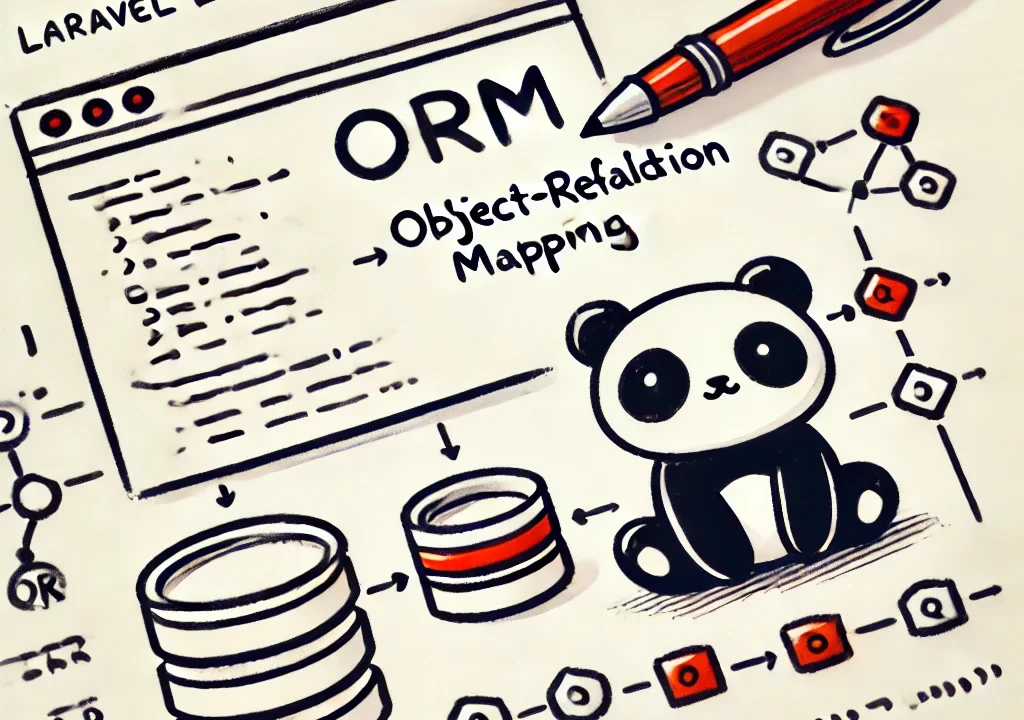Laravel, one of the most popular PHP frameworks, is renowned for its ease of use and robust tools. One of its standout components is Eloquent ORM (Object-Relational Mapping), which allows developers to interact with databases in an intuitive and less error-prone way. However, like any technology, Eloquent comes with its pros and cons. This article explores the key advantages and disadvantages of using ORM in Laravel.
Pros of Using ORM in Laravel
- Ease of Use and Readability
Eloquent simplifies data handling by using object-oriented methods instead of complex SQL queries.
Example:phpCopiar código$users = User::where('active', 1)->get();This is more readable and maintainable than raw SQL queries. - Faster Development
The abstraction provided by Eloquent speeds up development by eliminating the need to write repetitive SQL queries. - Seamless Integration with Laravel
Eloquent integrates smoothly with Laravel’s features like validation, middleware, and jobs, streamlining workflows. - Support for Relationships
Eloquent makes it easy to work with complex table relationships, such ashasOne,hasMany,belongsTo, andmanyToMany, keeping the code clean. - Migrations and Models
Combined with migrations, Eloquent allows developers to version database changes, enhancing change control.
Cons of Using ORM in Laravel
- Performance in Complex Operations
Eloquent can be inefficient for complex operations or large datasets due to the overhead of abstraction.
Example: Bulk operations are faster with raw SQL queries. - Higher Memory Usage
When dealing with large datasets, Eloquent can consume more memory compared to raw SQL approaches. - Learning Curve for Advanced Queries
While straightforward for basic operations, Eloquent can become tricky for complex queries, leading developers to rely on Query Builder or raw SQL. - Dependence on Abstraction
Over-reliance on Eloquent’s abstraction can hinder developers from optimizing specific queries effectively. - Less Control Over Generated SQL
As an abstraction layer, Eloquent doesn’t provide full control over generated queries, which can be a drawback in scenarios requiring extreme optimization.
When to Use Eloquent and When to Avoid It
- When to Use:
- Small to medium projects focusing on productivity.
- Simple CRUD operations.
- Rapid development with tight deadlines.
- When to Avoid:
- Systems with high load and a need for specific database optimizations.
- Applications requiring complex queries or handling large volumes of data.
Conclusion
Using ORM in Laravel, especially Eloquent, provides numerous benefits, such as ease of use, seamless integration, and agile development. However, understanding its limitations is crucial for making informed decisions. To strike the right balance, many developers combine Eloquent with Query Builder or even raw SQL queries, depending on the situation.
What challenges and benefits have you experienced while using Eloquent? Share your thoughts in the comments!
